Pakistan reports social media restrictions following violent protests
Freelancers report severe business impacts as WhatsApp media sharing disabled nationwide

Javed Hussain
Correspondent
I have almost 20 years of experience in print, radio, and TV media. I started my career with "Daily Jang" after which I got the opportunity to work in FM 103, Radio Pakistan, News One, Ab Tak News, Dawn News TV, Dunya News, 92 News and regional channels Rohi TV, Apna Channel and Sach TV where I worked and gained experience in different areas of all three mediums. My journey from reporting to news anchor in these organisations was excellent. Now, I am working as a correspondent with Nukta in Islamabad, where I get the opportunity of in-depth journalism and storytelling while I am now covering parliamentary affairs, politics, and technology.

WhatsApp text messages still work, but images and videos are blocked
Instagram and Tiktok also reportedly facing severe outages
Minister claims internet is "working at 100 percent" despite outages
Internet users across Pakistan's capital and other major cities reported widespread disruptions to social media platforms and messaging services on Sunday, as the country faces renewed political tensions following last week's violent crackdown on opposition protesters.
The slowdown, which began Saturday night, comes just days after supporters of the Pakistan Tehreek-e-Insaf (PTI) party staged protests in Islamabad demanding the release of their leader, former Prime Minister Imran Khan, who remains imprisoned.
The protest, which defied a government ban on public gatherings, ended in bloodshed when security forces reportedly used live ammunition against demonstrators at D-Chowk, resulting in multiple casualties on both sides and hundreds of arrests.
The current restrictions, which began Saturday night, have particularly affected Islamabad, Lahore, and the Khyber Pakhtunkhwa province, with users experiencing significant difficulties accessing social media platforms and messaging services. The restrictions appear to be strategically implemented in areas where opposition protests have historically gathered momentum.
Evidence of widespread blockage
Technical monitoring services have documented widespread platform outages across multiple services.
Downdetector, a service monitoring website, revealed that Instagram users faced significant challenges, with 50% reporting app-related issues and 32% experiencing server connection problems. The platform's feed functionality was affected for 18% of users. Similarly, TikTok showed major disruptions, with 63% of users reporting server connection issues, 29% facing app-related problems, and 8% unable to log in.
WhatsApp, the country's most widely used messaging platform, has been particularly affected by the restrictions. While text messages continue to function, users report being unable to share any form of media, including images, videos, and voice notes. This selective restriction appears to be a deliberate measure to limit the spread of visual information while maintaining basic communication capabilities.
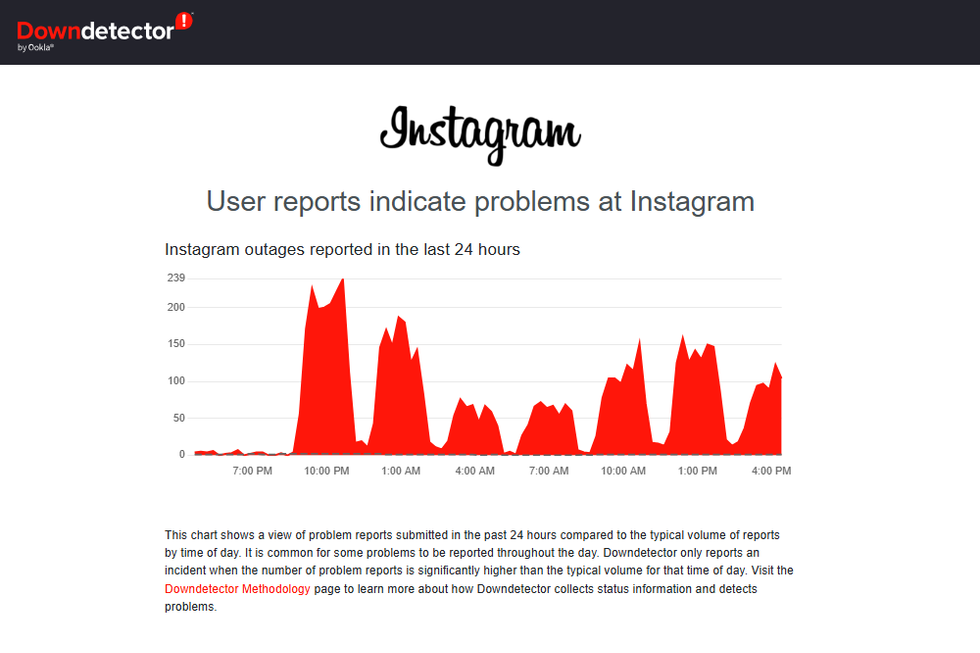
The restrictions come as the PTI continues to attempt to organize rallies calling for the release of Khan, and follow a pattern similar to previously documented disruptions.
In late November, Netblocks had confirmed WhatsApp backend restrictions that would allow messages to go through but not media across multiple Internet Service Providers, including PTCL and KK Networks, during earlier protests.
A similar pattern was also observed in October, when Netblocks documented regional internet disruptions particularly affecting Khyber Pakhtunkhwa, Punjab, and Islamabad during periods of political activity.
Experts weigh in, government denies wrongdoing
Asad Beyg, a social activist focused on digital rights, emphasized the need for a more constructive approach to internet governance. "We are not fond of criticizing, but we also have to get out of the state of denial," Beyg said. "If there is a problem, it is there. There have been problems with downloading and uploading on WhatsApp for two days."
Beyg argued that while concerns about misinformation online are legitimate, restricting digital platforms isn't an effective solution. He highlighted the implications of these restrictions, noting that "People's digital needs are now linked to life and economy."
Digital Rights Foundation founder Nighat Dad criticized Pakistan's ongoing internet restrictions, pointing to months of throttled connections and VPN blockages.
"These internet restrictions and VPN blocks represent a concerning attempt to control digital spaces, often without clear justification," Dad said. "Such actions not only undermine public trust but also contradict Pakistan's digital development goals while limiting basic rights and economic opportunities, particularly for marginalized groups."
She added that these measures have created an environment of digital surveillance and censorship that threatens democratic freedoms in the country.
However, government officials maintain there are no widespread issues. Minister of State for Information Technology and Telecommunication Shaza Fatima Khawaja insisted that "internet in the country is working at 100 percent," but confusingly added, "and if there is any problem, it is temporary."
She emphasized that businesses remain operational and suggested that any issues with connectivity would be resolved shortly, while noting that Pakistan needs to improve cybersecurity too. "If there is any security issue, the Ministry of Interior issues instructions [to block websites] to the PTA in this regard," Khawaja said.
These assurances contrast sharply with user reports of slow internet service across multiple cities, including Karachi and Lahore.
Freelancer's lament
The disruptions have particularly impacted Pakistan's growing freelance economy.
"Slow internet will impose a heavy cost on the livelihoods of the freelancers in Pakistan," said Tufail Ahmed, President & CEO of Pakistan Freelancers Association (PAFLA). Ahmed suggested that freelancers might find relief by "whitelisting their IPs" for more stable connections, while calling for authorities to provide clarity about the nationwide slowdown.
Freelance professional Haroon Ahmed, whose livelihood depends on digital platforms like WhatsApp Business and Facebook, faces mounting challenges due to persistent internet connectivity issues.
The unreliable connection prevents him from downloading and sending essential videos and photos. "Being unable to share or view product images and videos not only frustrates our workflow but also damages our credibility with clients," Ahmed lamented.
A predictable affair
The pattern of internet restrictions has become increasingly predictable in Pakistan, often coinciding with political demonstrations. Last week, similar measures were documented when WhatsApp's backend features were systematically restricted across major ISPs, affecting media sharing capabilities while maintaining text functionality.
Internet connectivity issues have become notably more frequent in Pakistan compared to historical patterns, with the government periodically testing its internet filtering infrastructure throughout the year. These tests have typically resulted in degraded connection speeds and service interruptions, though officials often attribute such incidents to technical glitches.
What about VPN's?
The situation has been further complicated by recent developments regarding Virtual Private Networks (VPNs), which many citizens use to circumvent restrictions. The Pakistan Telecommunication Authority (PTA) recently suspended its November 30 deadline for VPN registration, though no new deadline has been specified. The decision timeline has been transferred to the interior ministry, creating uncertainty for users and businesses alike.
The interior ministry earlier this month pushed for action against "illegal" VPNs, citing security concerns and potential misuse by bad actors. However, the registration deadline extension came after industry representatives raised concerns about its impact on businesses and freelancers who rely on VPNs for secure communications.
Despite the regulatory ambiguity, Proton VPN reported an unprecedented surge in Pakistani user signups, documenting a dramatic 2,860% increase this year. This spike directly correlates with the implementation of social media restrictions and suggests a growing awareness among citizens about digital circumvention tools.
– With additional reporting by Kamran Ali in Peshawar




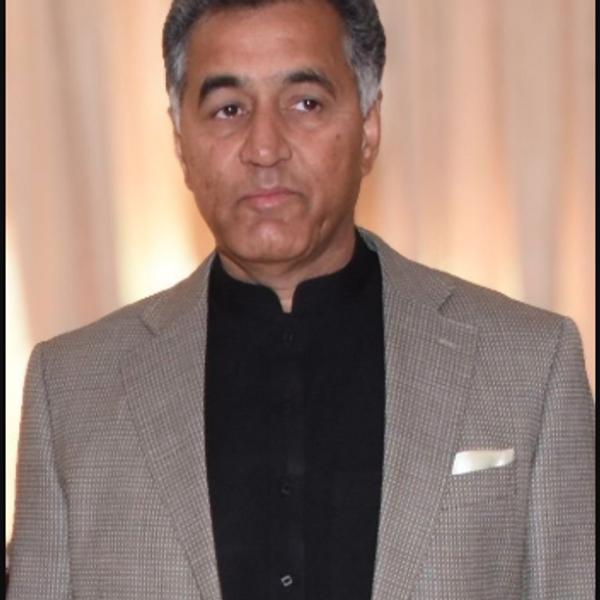
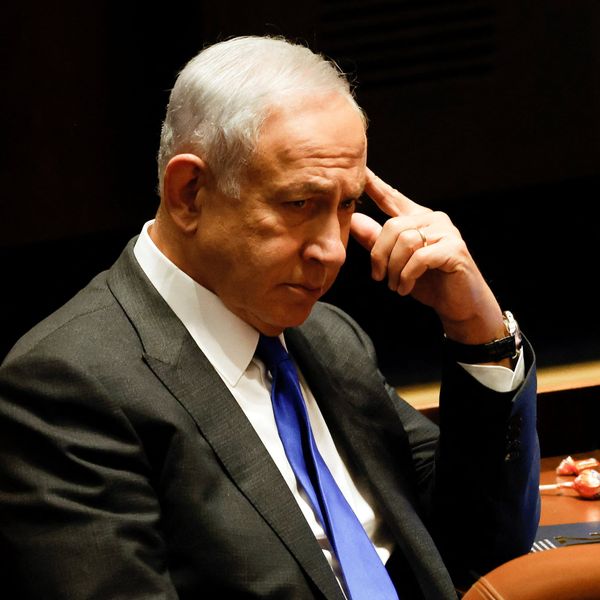
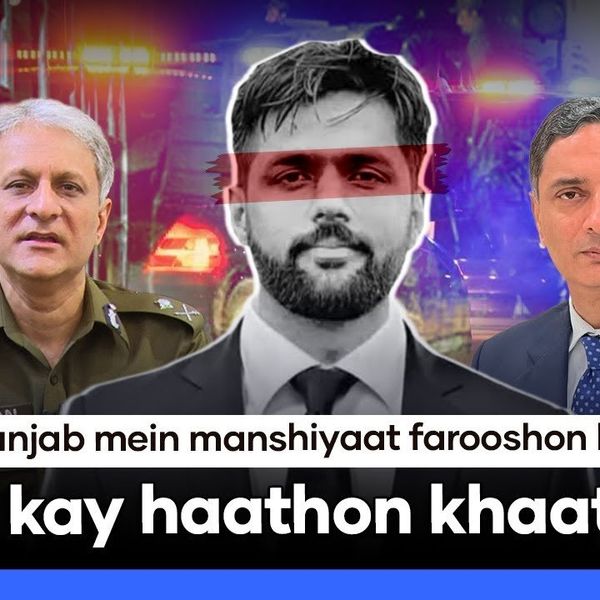
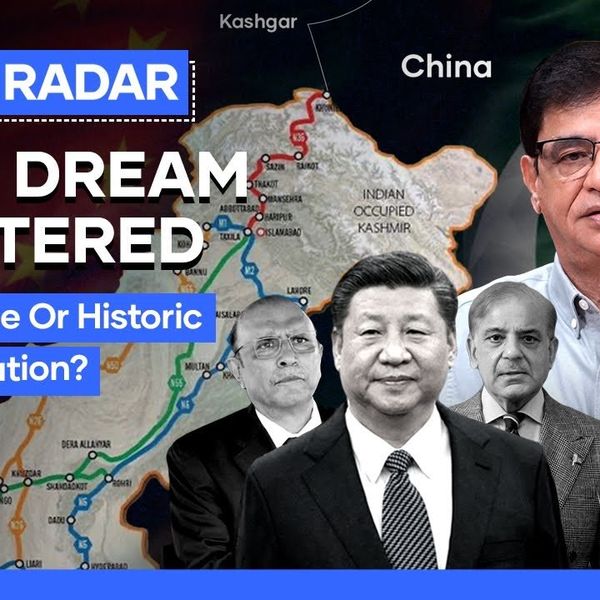
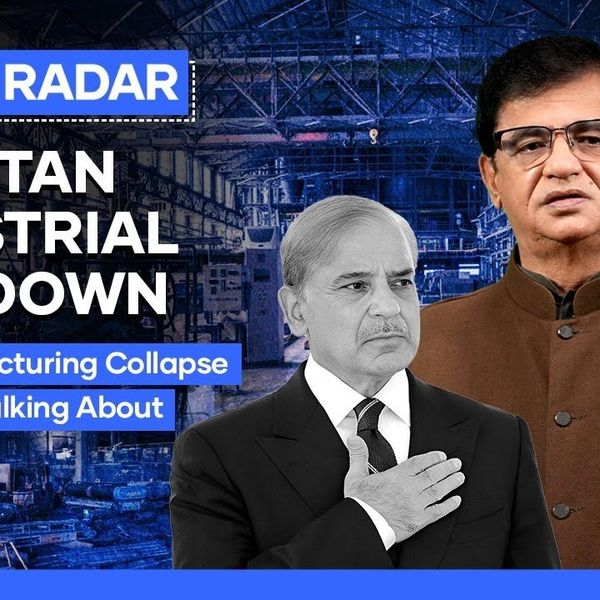

Comments
See what people are discussing